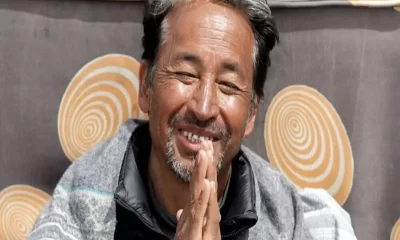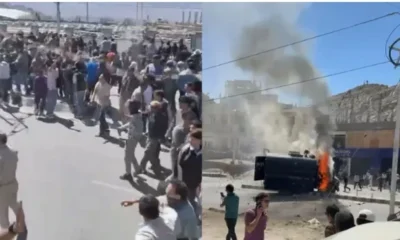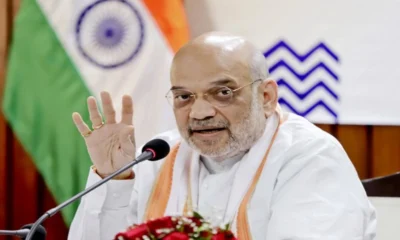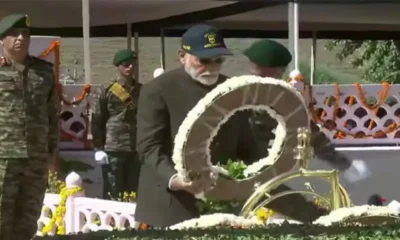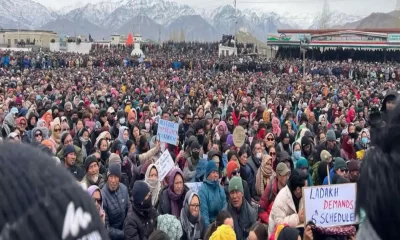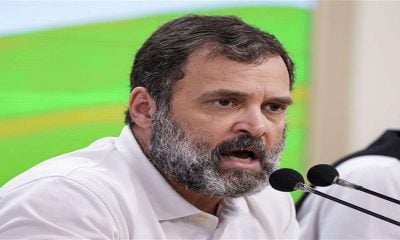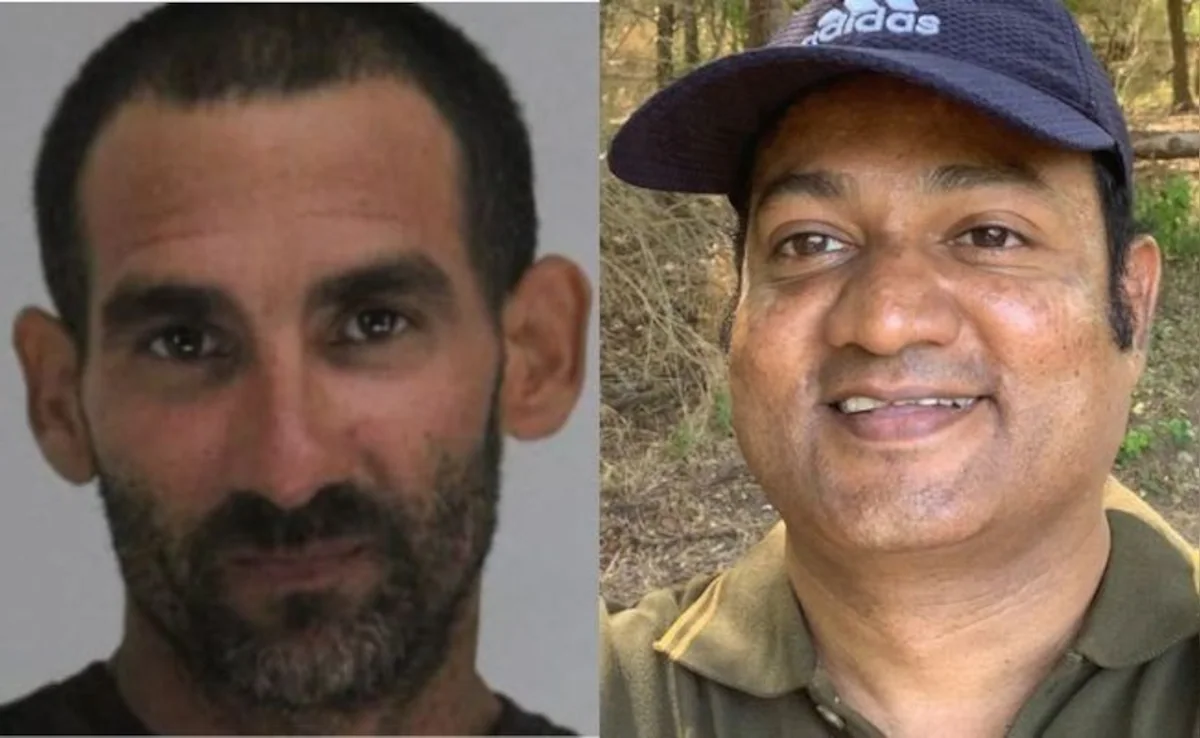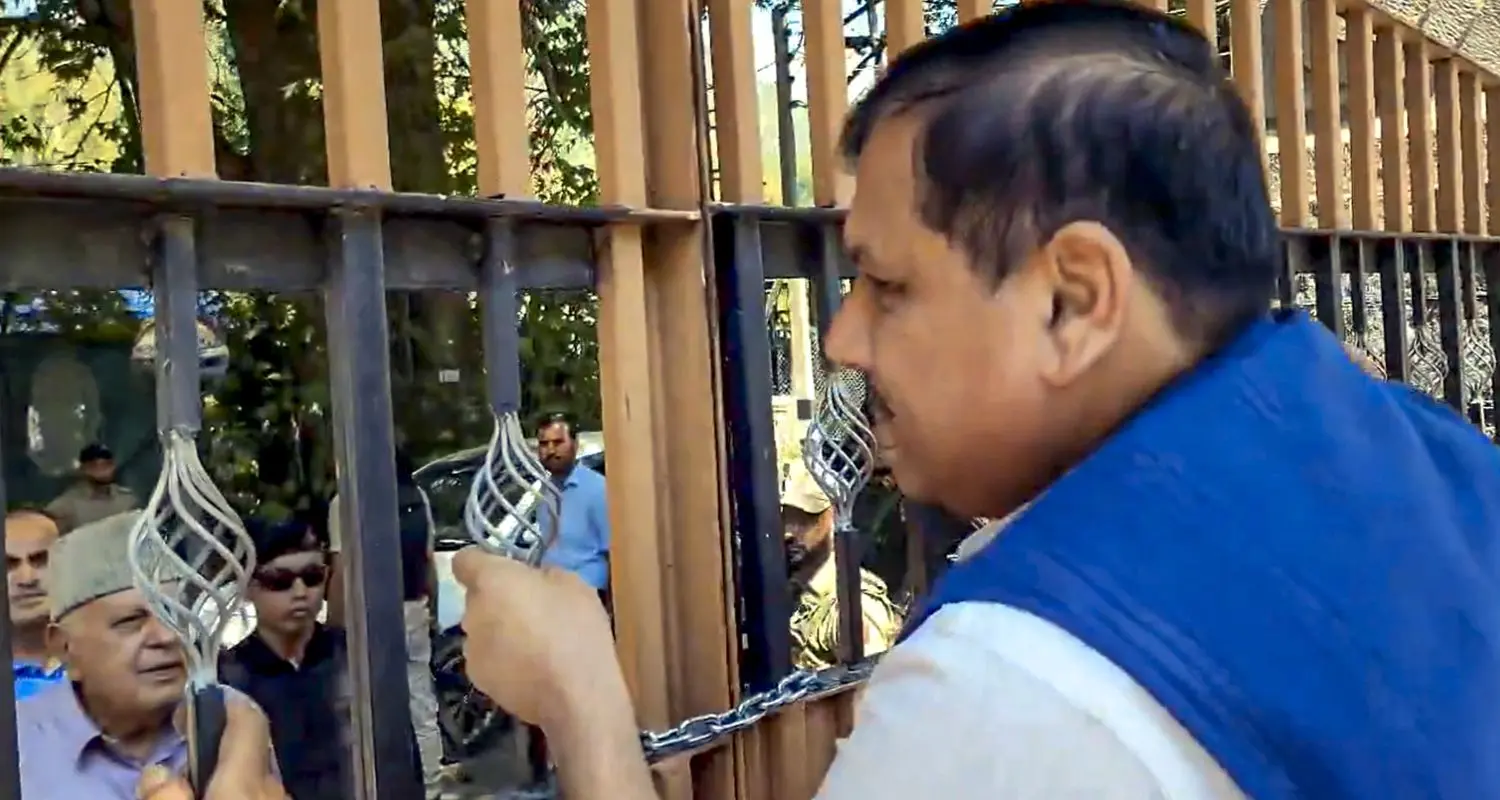Latest News
India, China discuss disengagement at three friction points in 16-hour meeting
The meeting between India and China lasted for 16 hours during which next phase of disengagement was discussed.
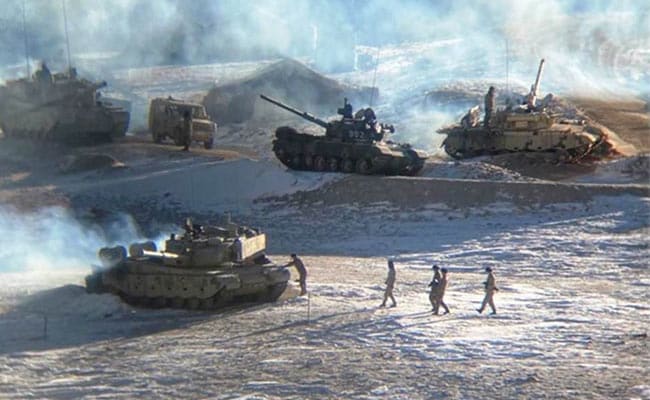
Entertainment
Kapil Sharma warned by MNS for referring to Mumbai as Bombay on Netflix show
Latest News
Indian-origin motel manager beheaded in the US
India News
AAP MP Sanjay Singh accuses J&K authorities of house arrest, Farooq Abdullah condemns move
-

 Latest world news16 hours ago
Latest world news16 hours agoTrump says tariffs will replace income tax, criticises Supreme Court setback in key address
-

 Latest world news17 hours ago
Latest world news17 hours agoTrump repeats claim of averting India-Pakistan nuclear war during Operation Sindoor
-

 Latest world news16 hours ago
Latest world news16 hours agoPM Modi to begin two-day Israel visit, defence and trade in focus
-

 India News16 hours ago
India News16 hours agoShashi Tharoor questions Centre over Kerala name change to Keralam
-

 India News7 hours ago
India News7 hours agoMK Stalin predicts frequent PM Modi visits to Tamil Nadu before assembly election
-

 Latest world news7 hours ago
Latest world news7 hours agoIndia eyes Rs 8,000 crore mid-air refuelling aircraft deal as PM Modi begins Israel visit

